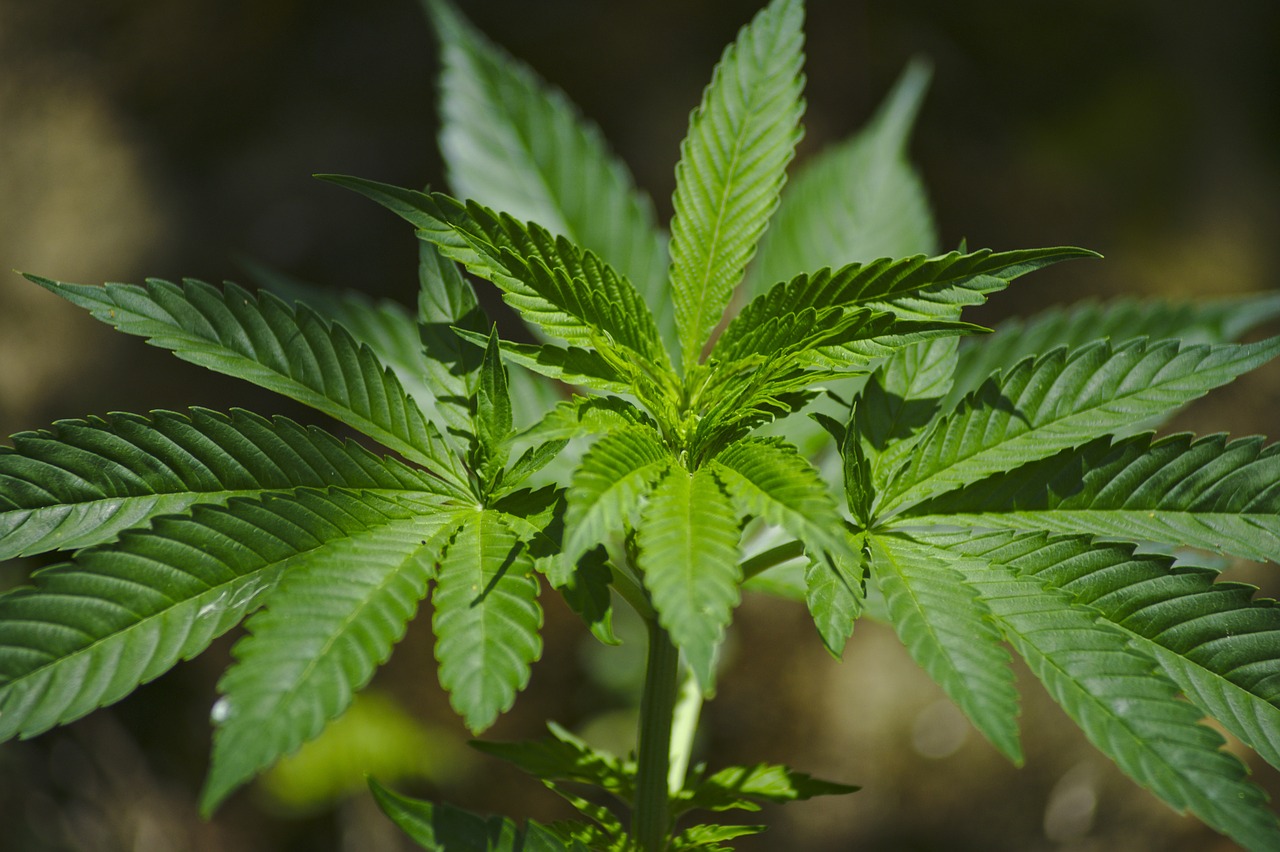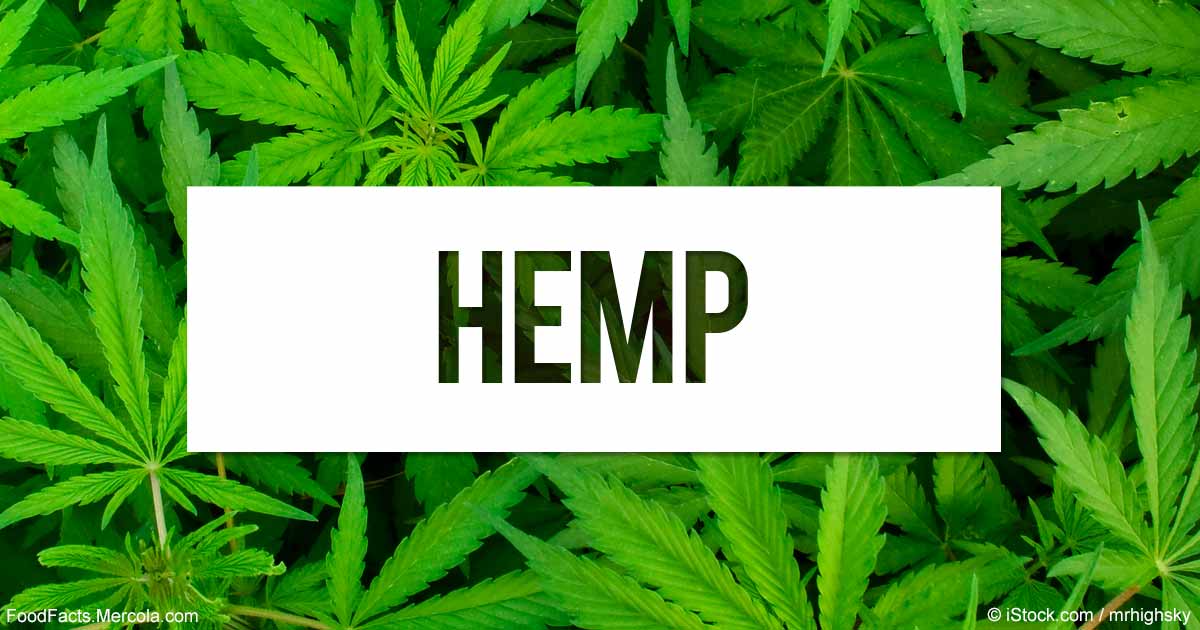
Exactly how cannabis interacts with all the complex systems in the human body remains unclear. Couples interested in conceiving should know that while cannabis causes changes in the body that affect fertility, it has also been recorded to stimulate libido during the brief fertility window of a woman’s cycle.
Cannabis Use Affects Sex Hormone Production
A 2016 study published in the Yale Journal of Biology and Medicine notes that THC suppresses the release of critical hormones from the brain’s hypothalamus. One main hormone that undergoes suppression is the gonadotropin-releasing hormone (GnRH), responsible for releasing important sex hormones that are critical for fertility. These critical fertility and female cycle hormones are called follicular stimulating hormone (FSH) and luteinizing hormone (LH). The suppression of these major hormones can lead women to experience a disrupted menstrual cycle. Those interested in conceiving should realize a disrupted menstrual cycle can lead to disrupted fertility.
Photo by Lucas Ludwig
By restricting FSH and LH, cannabis indirectly suppresses the production of estrogen and progesterone, according to a 2016 review of studies on women and primates published on Yale Journal of Biology and Medicine (YJBM). For women, estrogen and progesterone balance each other throughout the female reproductive cycle. While estrogen and progesterone are factors in male reproduction, the impact of changes in these hormones are particularly a variable in women, whose estrogen and progesterone levels fluctuate through their monthly cycle.
FSH is a hormone that controls the release of estrogen and LH is a hormone that controls the release of progesterone — though, they’re not the only means of producing these hormones in the body. When FSH and LH are restricted, estrogen and progesterone production is restricted as a result. The imbalance can affect fertility by disrupting ovulation and sperm production.
Cannabis Affects Ovulation, Hormone Production in Some Women
In a woman’s ovaries, FSH is the hormone responsible for preparing the female body for ovulation. To ovulate, FSH rises and increases estrogen in the ovaries to trigger an egg to drop. Here is where it gets a little complicated: According to the 2016 YJBM review of studies done on women, primates, and rats, FSH and estrogen hormones were suppressed by cannabis use. As a result, females in the study were at risk of not ovulating or experiencing delayed ovulation.
It was also discovered in 2007 by the Journal of Women’s Health that THC prolongs the follicular phase of women by an average of 3 .5 days. The study compares this finding with the correlation of an average prolonged follicular phase of 2.2 days in women who experienced miscarriages. This prolonged follicular phase means that ovulation is delayed and may even be shortened.
Photo by Eye for Ebony
In addition to the suppression of FSH, LH is also suppressed. According to a 1987 Endocrinology Society study, LH suppression can prolong or suppress the ability to produce progesterone, a vital hormone for inducing pregnancy and carrying a baby to term. Fertility is dependent on a healthy ovulatory phase, and because THC suppresses fertility hormones, these studies caution that anovulation (no release of an egg during a menstrual cycle) and infertility are a viable risk.
The problem is that there isn’t enough conclusive evidence to fully support this idea, and at least two human studies have contradictory findings. According to the book “Health Consequences of Marihuana Use,” which is a collection of studies and research, there isn’t enough direct evidence to prove infertility by THC but that the disruption of female fertility hormones is likely associated with temporary infertility.
Men Experience Changes in Sperm Production With Cannabis Use
For men, studies have shown that chronic cannabis use lowers sperm count, which further impacts fertility, according to a 1981 Drug and Alcohol Dependence study. According to a 2015 Journal of Assisted Reproduction and Genetics study, THC use suppresses the same FSH hormone in men, the hormone that increases the fatty acid amide hydrolase (FAAH) which plays a big role in sperm production. With the suppression of FSH, FAAH decreases as well as sperm production. However, it is concluded by the few human studies that the decrease in sperm production is reversible when subjects ceased to consume THC.
Photo by Alex Blăjan
Another factor of lowering sperm count comes from a flavonoid in cannabis called anandamide (AEA) which is also the main endocannabinoid in humans. It’s usually harmless and also beneficial when it’s in just the right balance, but too much AEA also antagonizes the production of sperm, according to a 2015 Journal of Assisted Reproduction and Genetics study. And just to blow your mind a little bit: If a female partner is regularly using cannabis, THC can end up in her vaginal fluid! Just by engaging in sexual contact, the THC in the vaginal fluid could lower sperm production.
A 2019 study in Human Reproduction, published in the journal of the European Society of Human Reproduction and Embryology, reached opposite conclusions, however, finding that its participants showed higher concentrations of sperm than non-cannabis smokers.
Low Doses of Cannabis Could Increase Desire to Have Sex
Cannabis users have more sex than non-cannabis users, reports a 2017 Journal of Sexual Medicine study. A woman has a small window of fertile opportunity of about 48-96 hours each month, according to Statistics in Medicine. Those wishing to make the most of that window may be encouraged to know that cannabis enhances sexual arousal in women. According to a 2017 Psychopharmacology study, cannabis increases erotic stimuli and suggests it could be a treatment for low libido. An increase in sexual desire can lead to more sex, and, statistically speaking, more babies.
Photo by Mari Lezhava
However, in a 2010 study in The Journal of Sexual Medicine, frequent cannabis use in males decreases libido and inhibits orgasm. A single-dose user, male or female, typically sees an increase in arousal while a frequent user will experience a decrease. The same seems to apply to dose. In a 2019 American Society of Andrology study, it was found that a small dose of cannabis will increase arousal, while a large dose decreases it — or maybe puts the user to sleep.
If fertility and pregnancy are topics of interest, it’s important to acknowledge there’s not enough evidence for one absolute answer. Because of the brevity and inaccuracy of studies on long-term cannabis use, the facts are unclear about the effects on hormones and ovulation. Outside factors that vary from person to person, such as sleep, nutrition or tobacco use, make it difficult for researchers to conduct specific human studies on the fertility effects of cannabis. Research that does exist, though, points to the possibility of anovulation, a disrupted female cycle and affected sperm count in men.















